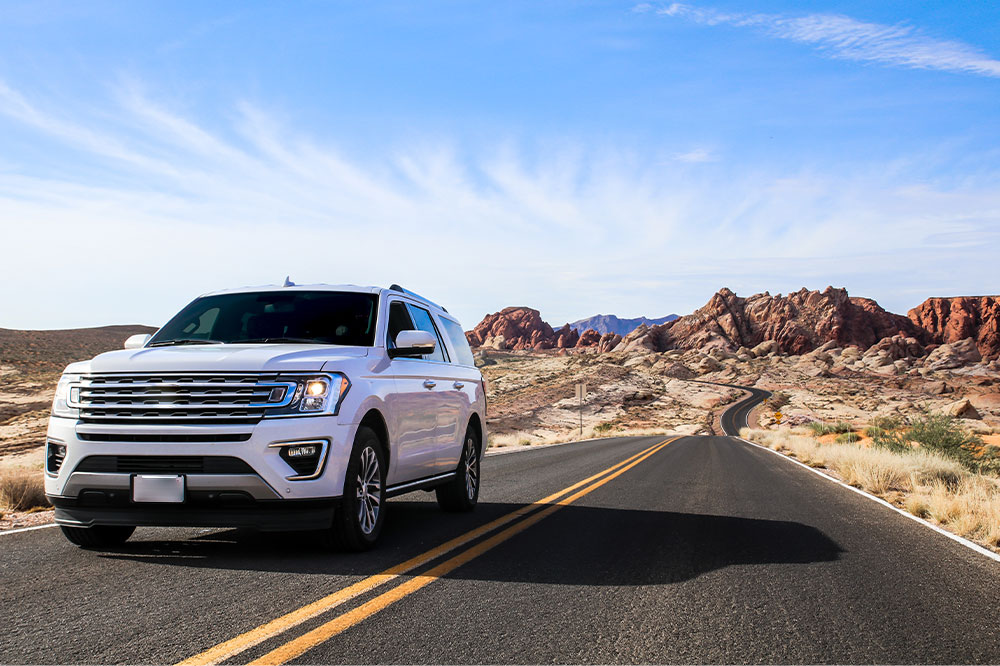Salient Features of the Ford Expedition Max
The company’s largest and most adaptable family haulers are the Ford Expedition and Expedition Max. Ford’s biggest SUVs come with three rows of seats, a notable 9300-pound maximum towing capacity, and the ability to travel off-road. The Expeditions also have one of the quietest rides and the largest cabins. A tough twin-turbo V-6 is standard in every Expedition model. The vehicle also comes with smart technology, including a hands-free driving mode and a 15.5-inch touchscreen.

Ford also updates the Expedition lineup’s exterior and interior design for 2022, adding new features and options. The cabin receives a new dashboard design similar to that found inside the recently updated Ford F-150 pickup truck, along with changes to its front end. Better materials are used inside the Expedition, and the infotainment system has undergone a complete overhaul. A 12.0-inch touchscreen is standard, and a 15.5-inch touchscreen with portrait orientation is optional. Additionally, Ford offers its hands-free highway driving system, BlueCruise, on the top Platinum trim level. 33-inch all-terrain tires and an elevated ride height give the new Timberline model a noticeably rugged appearance. On the Limited trim, a new stealth performance package is available.
Engine and transmission
A responsive 10-speed automatic transmission and twin-turbocharged 3.5-liter V-6 with four-wheel drive power the Expedition. On limited models, the engine’s output is increased to 400 horsepower and 480 pound-feet from the standard engine’s 380 horsepower and 470 pound-feet. With the stealth performance package, the Timberline trim and the Limited are both eligible for an even higher-output version that increases those numbers to 440 hp and 510 pound-feet. While neither of those engines has been tested, we have previously evaluated a Platinum model with a 400-hp twin-turbo V-6.
All Expeditions use an independent rear suspension. While the car’s smooth ride is reassuring for the passengers, the driver might face challenges with awkward handling and sloppy steering. The Expedition’s maximum towing capacity is 9300 pounds, while the Expedition Max’s is 9000 pounds.
Fuel economy
This class of large haulers does not help the preservation of fossil fuels. The Expedition falls short of Ford’s claim that its EcoBoost engine—a twin-turbocharged V-6—is more efficient than a V-8. The four-wheel-drive version only gets 22 mpg on the highway, while the rear-drive is rated at 17 mpg city and 23 mpg highway. The Expedition and Expedition Max achieved 20 mpg on our extensive testing route that travels at 75 mph in terms of fuel efficiency.
Interior
The Expedition utilizes every square inch of its interior. Every passenger has plenty of room and comfort because it is roomier than the Chevy Tahoe. It’s impressive how easily even adults can enter and exit the third row; it requires little more effort while sitting in the second row.
There are a lot of buttons on the center console. Although it is not immediately intuitive, mastering it doesn’t take much time. Additionally, the layout is simpler than the Ford Tahoe. The large windshield pillars make it difficult to see. However, even though it seems like the rear window is far away, backing up is easier with a clear backup camera and an optional 360-degree camera system.



